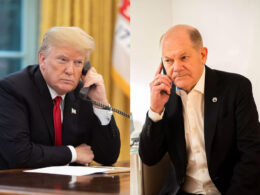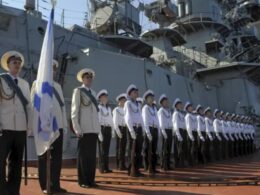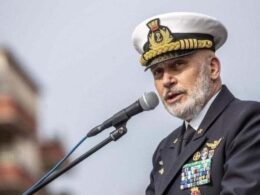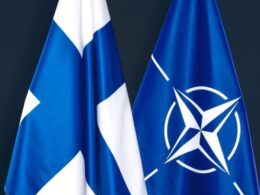Speaking on the air of Polsat News, Jakub Kumoch, Head of the Polish President's International Bureau, said that with its aggression against Ukraine, Russia annulled the NATO-Russia Founding Act of 1997, and Warsaw is interested in participating in the NATO Sharing Program, the Polish Presidential website reported.
Kumoch commented on the statement of the US State Department that Washington does not plan to deploy nuclear weapons on the territory of any country that joined NATO after 1997.
"It is a pity that the year 1997 appeared in this statement," Kumoch said, adding that the conviction that no additional permanent NATO forces should be deployed in Eastern Europe is based on the NATO-Russia pact of 1997.
"We believe, and the President said at the NATO summit, that this act is dead, Russia simply annulled it by aggression against Ukraine," he said, adding that Poland is interested in the deployment of NATO forces in Poland in participating in the Nuclear Sharing program.
Nuclear Sharing is a NATO program that is part of the Alliance's nuclear deterrence policy. It enables nuclear warheads to be made available to Member States that do not have their own nuclear weapons. Since November 2009, as part of the Nuclear Sharing, American nuclear weapons are located in Belgium, Germany, Italy, the Netherlands and Türkiye.




